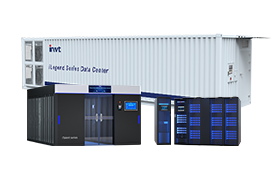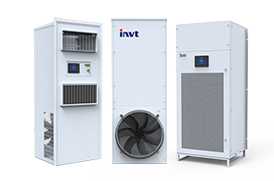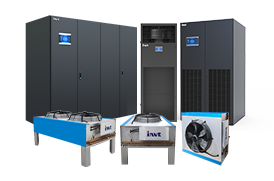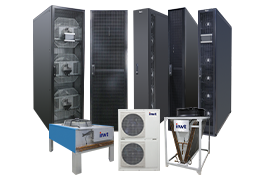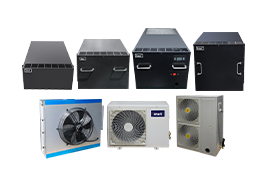Modular data centers: When they work and when they don’t
Modular data centers are a method of building data centers from pre-assembled and pre-configured modular units. This method has some advantages over traditional construction methods, but there are also some situations where it is not suitable. Here are some examples of what works and what doesn’t work for modular data centers:
When is it valid:
Rapid deployment: Modular data centers are suitable for scenarios that require rapid deployment, such as rapid expansion or emergency needs.
Flexibility: The modular design allows the addition or reduction of modular units according to needs, making it highly flexible and scalable.
Cost control: In some cases, modular data centers can reduce construction and maintenance costs, especially for smaller deployments or in environments with changing resource needs.
Portability: Modular design makes the data center easier to move and reconfigure, suitable for temporary or frequent migration scenarios, such as mobile data centers or temporary projects.
Standardization: By using standardized modular units, the consistency and management efficiency of the data center can be improved, and maintenance costs can be reduced.
When is invalid:
Large-scale needs: For large-scale data center needs, traditional construction methods may be more economical and effective, because modular design may bring some additional complexity and cost.
Customization needs: If the data center has special customization needs or architectural requirements, modular design may be limited because it is usually more suitable for standardized and generalized scenarios.
Long-term investment: For long-term investment and stable demand, traditional construction methods may be more appropriate, because modular design may not be able to fully meet changing needs in the long term, and there may be challenges with technology updates.
Complexity: If the environment or requirements are too complex, such as requiring highly customized network architecture or security requirements, the modular design may not provide enough flexibility and customization.
In general, modular data centers are suitable for scenarios that require rapid deployment, high flexibility, cost control, and portability, but they may fail when faced with large-scale needs, customized needs, long-term investment, and complexity. Therefore, when choosing a construction method, factors such as actual needs, budget, and long-term development planning need to be comprehensively considered.

 networkpowersales@invt.com.cn
networkpowersales@invt.com.cn






